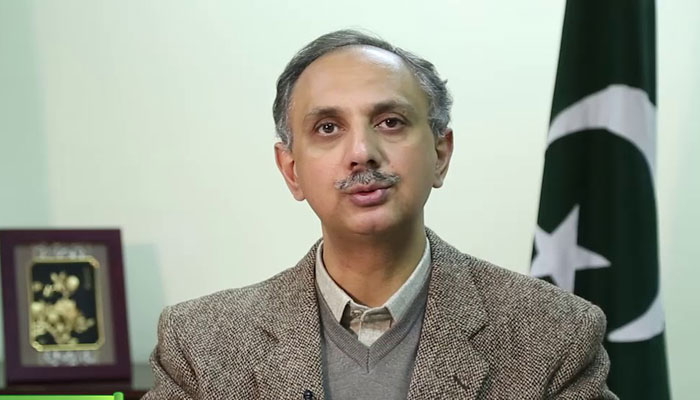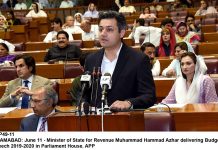In an interview with BBC Urdu on Wednesday, former president, Retd. General Pervez Musharraf lauded the rule of former dictators, claiming that dictatorial regimes bring the
country on track, whereas civilian governments derail it.
Musharraf went on to claim that whenever a martial law has been declared in Pakistan, “it was the need
of the hour” and that military rule has brought nothing but “prosperity” and “development” to Pakistan.
“What is the point of holding electi
ons and giving liberty [to the population], if the
country does not see progress?” he said.
He also said that not just Pakistan but all Asian
countries have seen progress because of dictators and further went on to add that it makes no difference to the population of Pakistan whether the
country is being governed by an elected government or by an autocrat, as long as there is progress and prosperity.
Musharraf was assertive to blame the era of Zulfiqar Ali Bhutto for “breaking the
country” and applauded Ayub Khan’s efforts for setting “the record of progress in the
country.” While Musharraf did accept General Zia-ul-Haq’s rule as controversial, he maintained that Haq’s decision to help America and the mujahideen against the Soviet Union at the time
of the Afghanistan invasion was the correct decision to make.
While address
ing his 1999 coup against democratically-elected Nawaz Sharif, in which he seized power from him, Musharraf said, “The coup was staged because it was the demand
of the
country’s people”.
He added that citizens in Pakistan should have the option to remove a civilian government and asserted the need for “checks and balances” in the Constitution.”The people come running to the army to be saved; people come to me asking to be saved,” he said.
“The people come running to the army to be saved; people come to me asking to be saved,” he said.
On matters of foreign policy, Musharraf duly critiqued former PM Nawaz Sharif’s India policy, calling it a “total sell-out.”
“India is involved in Balochistan. Whoever works actively against the welfare of Pakistan is against the
country and should be killed,” he said.
When asked about his self-exile from Pakistan, Musharraf reaffirmed his belief in the army and said, “I have served as the head
of the army and the army will always protect my welfare.”
Musharraf left Pakistan in March 2016, amidst an ongoing trial against him, saying he would return after his “medical treatments”. He was f
acing a treason case for clamping emergency in the
country on Nov 3, 2007. In his last case hearing, Musharraf’s lawyer, Akhtar Shah, demanded adequate security measures for him before he could return to the
country.
Musharraf has been in news recently, ever since he posted a video of himself applauding the Supreme Court’s decision of disqualifying Nawaz Sharif and calling it “historic”. His comments were condemned by many on social media and were criticized for being “arrogant” and “hypocritical”.












